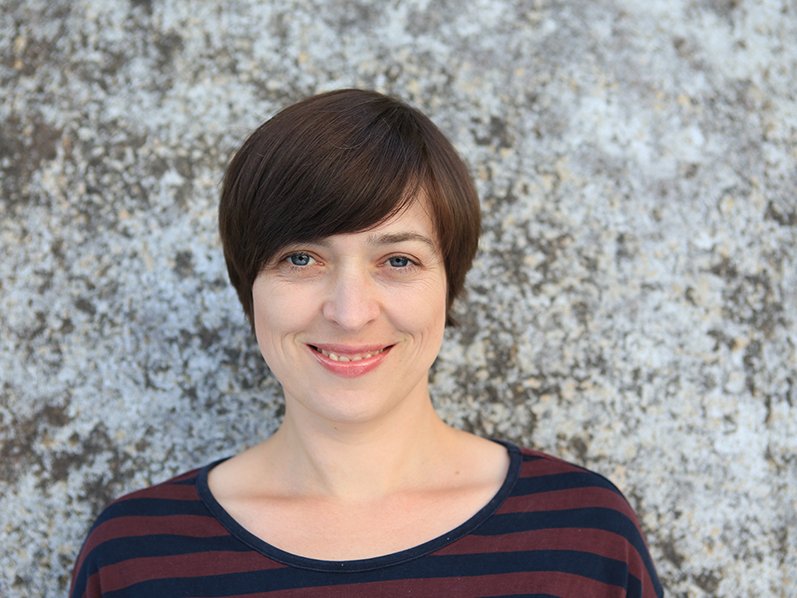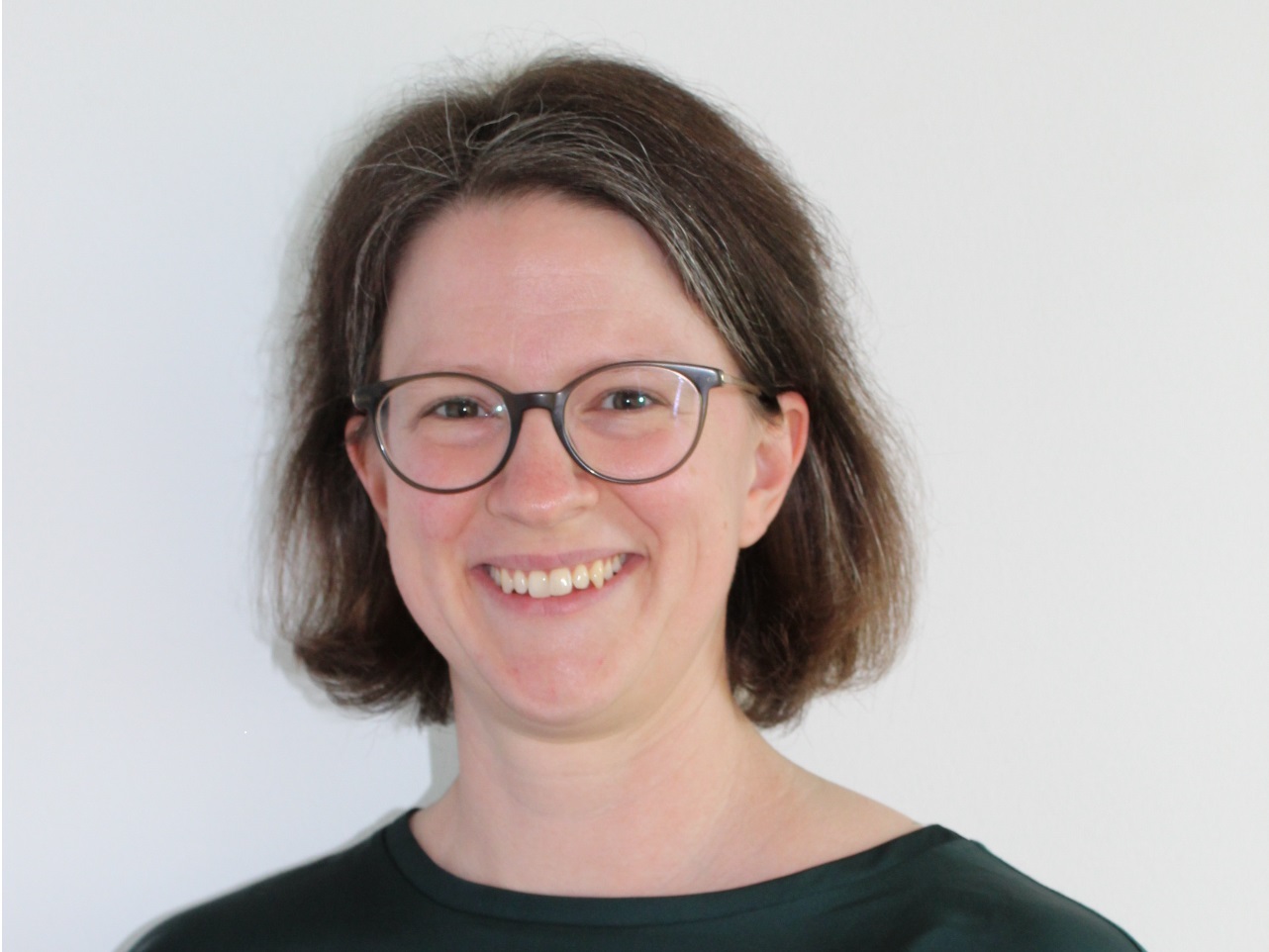+49 234 36186 9445
isabelle.kunze@pknrw.de
Do you have any questions about the Department or need further information? Please contact us.
In the doctoral program 'Shaping Social and Health Change' of the Department of Social and Health Affairs, doctoral candidates with a degree in a social or health science discipline conduct research to systematically explore social interaction in its specific forms of social coexistence.
The doctoral program ‘Shaping Social and Health Chang’e of the Department of Social and Health Affairs focuses on the study and analysis of services and opportunities for participation within health and welfare systems, in social work, and in social security structures — examined from the perspectives of various members of society.
At the center of attention are formal and informal care and support systems, analyses of social inequality, needs and impact assessments of service and organizational structures, the effects of professionalization in health and social professions, and questions of professional ethics.
Aligned with these areas of research, the Department of Social and Health Affairs is structured around four main research foci:
The program provides structured support for doctoral candidates and their supervisors, accompanying the candidates in their development into independent researchers. It also contributes to quality assurance within the doctoral process, fostering both subject-specific and interdisciplinary competencies.
The doctoral program is primarily aimed at graduates with a degree in a social or health science discipline who, in their doctoral projects, engage with the topics and research questions addressed in the program.
To be admitted as a doctoral candidate in the department and to be able to pursue a doctorate within the program, the following requirements must be fulfilled:
Admission as a doctoral candidate is decided by the doctoral examining committee.
The three-year doctoral program is divided into a mandatory component and an elective component. While all requirements in the mandatory component must be completed, candidates are required to complete activities in at least three of the six listed areas within the elective component.
The indication of the year for the mandatory component serves as a recommendation; courses and activities may also be completed at different times. Participation in additional courses is possible. Some of the program’s courses are also offered as online formats.
In the mandatory component, doctoral candidates are required to complete the following:
Within the elective component, doctoral candidates must complete a total of three activities across at least three of the six areas listed below:
The department informs doctoral candidates about upcoming events via email and on the "News and Events” page.
The department regularly offers the following events:
The lecture series “Shaping Social and Health Change” is offered each semester. As a rule, four sessions take place online each semester fridays from 10:00 a.m. to 12:00 p.m.
The department offers three doctoral colloquia per semester. Currently, two events take place online and one event takes place in person at PK NRW or at one of the participating universities of applied sciences.
The department usually offers two courses per semester to deepen specific scientific methods. These can take place online or in person.
We regularly inform you about other courses that you can credit as elective component. These include, for example, cooperative events with professional associations in the form of symposiums.
In addition to the courses you need for the doctoral program, we offer a range of other courses that serve to promote networking and exchange.
The Doctoral School NRW regularly offers the mandatory workshops “Good Scientific Practice for Doctoral Researchers” and “Ethics and Responsibility in Science and Society” as part of the doctoral training program, as well as additional opportunities within its Interdisciplinary Qualification Program that support personal, academic, and professional development.
der Abteilung Soziales und Gesundheit (.pdf)
Confirmation of Main Supervision (.docx)
Confirmation of Co-Supervision (informal) (.docx)
Confirmation of Third Supervision (informal) (.docx)
Kurzanleitung (.pdf)
Vorlage für das Protokoll über die Disputation (.pdf)
Druckerlaubnis für die Dissertation (.pdf)
Informationen zur Veröffentlichung der Dissertation (.pdf)
Bestätigung der Einreichung der Pflichtexemplare der Dissertation durch die Hochschulbibliothek (.docx)
of the Department of Social and Health Affairs of the Graduate School for Applied Research in North Rhine-Westphalia from 27.04.2023 (.pdf)
of the Graduate School for Applied Research in North Rhine-Westphalia dated 31.01.2023 in the version dated 05.05.2025 (.pdf)
Dr. Isabelle Kunze
Coordination of the Deparment of Social and Health Affairs
+49 234 36186 9445
isabelle.kunze@pknrw.de
Do you have any questions about the Department or need further information? Please contact us.

Dr. Stefanie Dahl
Coordination of the Deparment of Social and Health Affairs
+49 234 36186 9146
sefanie.dahl@pknrw.de
Do you have any questions about the Department or need further information? Please contact us.
